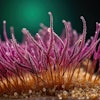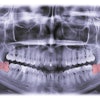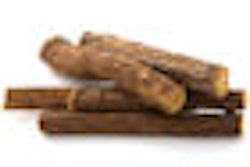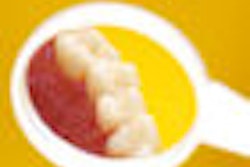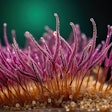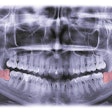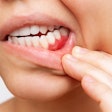A compound from the South African toothbrush tree commonly used to aid oral health may also be effective in helping to treat certain strains of tuberculosis (TB), according to a study in the Journal of Biological Chemistry (December 28, 2012).
In traditional medicine, the antibacterial properties of the tree are used for oral health and to treat medical complaints such bronchitis, pleurisy, and venereal disease. In addition, twigs from the tree are traditionally used as toothbrushes.
The compound being researched, diospyrin, binds to a novel site on a well-known enzyme, called DNA gyrase, and inactivates the enzyme. DNA gyrase is essential for bacteria and plants but is not present in animals or humans. It is established as an effective and safe drug target for antibiotics.
The way that diospyrin works helps to explain why it is effective against drug-sensitive and drug-resistant strains of tuberculosis, noted Tony Maxwell, PhD, a professor at the John Innes Centre who is conducting research into diospyrin and related naphthoquinone compounds as part of a consortium of European researchers, More Medicines For Tuberculosis.
